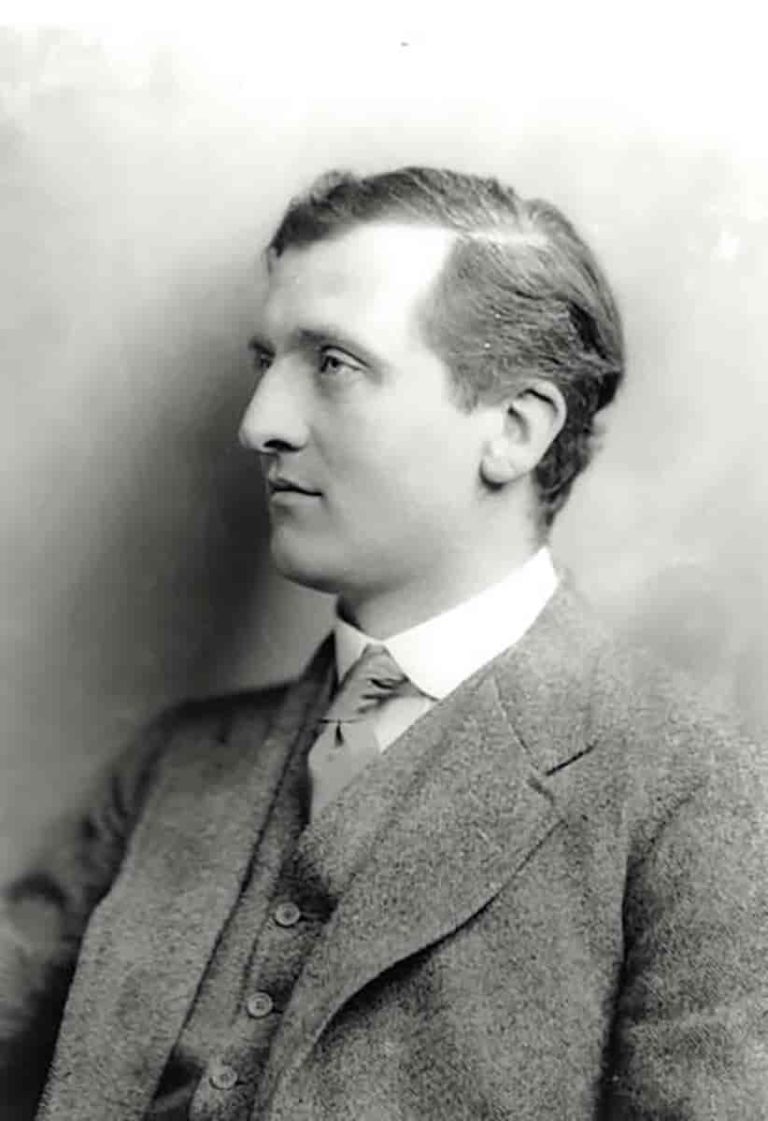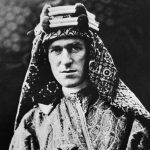Date of Birth: September 16, 1883
Zodiac Sign: Virgo
Date of Death: September 28, 1917
Biography
Thomas Ernest Hulme, known as T. E. Hulme, was a prominent English critic and poet born in Endon, Staffordshire, England. He is widely recognized for his role in the early 20th-century literary movement known as Imagism. Hulme’s critical work laid the foundation for modernist poetry, emphasizing clarity, precision, and the importance of imagery over traditional poetic forms. Hulme’s involvement with the literary circle that included figures such as Ezra Pound and F. S. Flint was pivotal in the development of new poetic techniques and ideas. Hulme studied at St. John’s College, Cambridge, but was expelled after an incident involving a waitress, which displayed his rebellious nature. This expulsion did not deter him from pursuing his intellectual interests. He continued his philosophical and literary studies independently, drawing significant influence from the works of Henri Bergson and Wilhelm Worringer. During his career, Hulme contributed to several literary journals and was an active member of the Poets’ Club in London. His critical essays, including “Romanticism and Classicism,” had a profound impact on the literary community, advocating for a classical approach to poetry that opposed the excesses of Romanticism. Tragically, Hulme’s promising career was cut short when he enlisted in the British Army during World War I. He served as an artillery officer and was killed in action in Flanders in 1917. Despite his untimely death, Hulme’s influence on modernist literature and criticism endures.
5 Interesting Facts about T. E. Hulme
1. T. E. Hulme is considered one of the founders of the Imagist movement in poetry.
2. He was expelled from Cambridge University due to a scandal involving a waitress.
3. Hulme translated the works of Henri Bergson into English, bringing the French philosopher’s ideas to a broader audience.
4. He served as an artillery officer in World War I and was killed in action in Flanders.
5. Hulme’s essay “Romanticism and Classicism” argued for a return to classical forms in poetry, influencing many modernist writers.
5 Most Interesting Quotes from T. E. Hulme
1. “Poetry is a compromise between language and vision.”
2. “The great aim is accurate, precise and definite description.”
3. “Romanticism and Classicism are eternal antagonists.”
4. “One must have the courage to face a world without God.”
5. “There is no such thing as modern art. There is only art—and it is eternal.”
Highest Net Worth Achieved
T. E. Hulme’s financial details and net worth are not well-documented; however, he was primarily known for his intellectual contributions rather than material wealth.
Children
T. E. Hulme did not have any children.
Relevant Links
1. [T. E. Hulme – Wikipedia](https://en.wikipedia.org/wiki/T._E._Hulme
2. [Poetry Foundation – T. E. Hulme](https://www.poetryfoundation.org/poets/t-e-hulme
3. [Britannica – T. E. Hulme](https://www.britannica.com/biography/T-E-Hulme
4. [Modernist Journals Project – T. E. Hulme](https://modjourn.org/biography/hulme-t-e-1883-1917/


